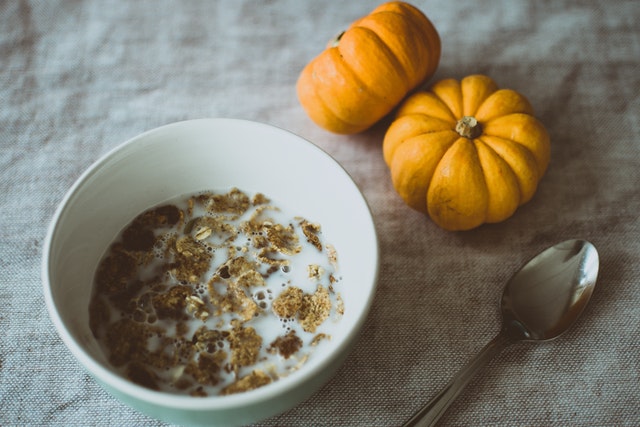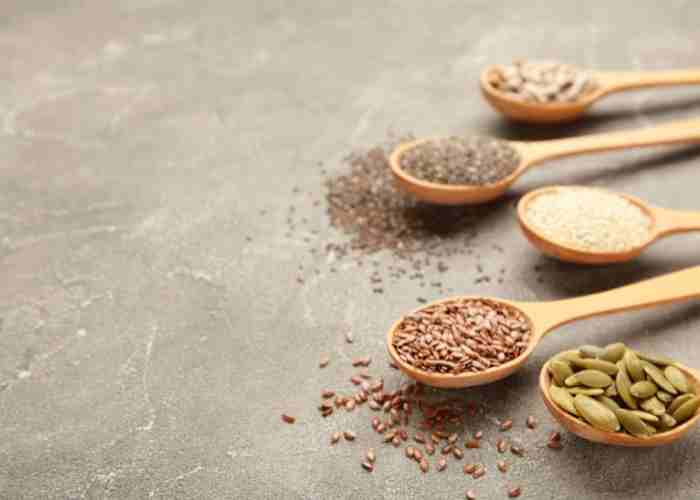Best Reasons Why You Should Include Millets In Daily Diet
Millets are a group of small-seeded grasses highly tolerant of drought and other extreme weather conditions. They have been cultivated in many parts of the world for thousands of years and play a significant role in the diets of billions of people, particularly in Asia and Africa.
There are many different types of millet, but the most common are pearl millet, foxtail millet, proso millet, sorghum, and finger millet. Millets are highly nutritious and offer a range of health benefits. When it comes to multi millet roasted muesli, think of it as an upgrade to your standard bowl of oats. You can use any combination of millets you like, but the mix of barnyard, foxtail, and Kodo is the best.
Since millet is an excellent addition to your breakfast, you also need to learn about muesli, cereals, grains, and fruits. The reason being muesli benefits can also be attributed to the presence of nutritious components and the lack of processed sugar.
Some of the critical nutrients in millets include:
- B vitamins: Millets are a good source of B vitamins, including thiamin, riboflavin, niacin, vitamin B6 and folate. These vitamins are essential for energy metabolism, nervous system function, and the production of red blood cells.
- Minerals: Millets are rich in essential minerals, such as iron, magnesium, phosphorus, and potassium.
- Antioxidants: Millets contain antioxidants that can protect against cell damage and chronic diseases.
- Fiber: Millets are a good source of dietary fiber, which is essential for digestive health.
- Protein: Millets are a plant-based source of protein, which is essential for growth and repair.
Here are some of the best reasons why you should include millets in your daily diet:
Table of Contents
Millets are Nutrient-Dense
These nutrients are essential for supporting many bodily functions and help to keep you healthy. It would help if you had the B vitamins for energy metabolism, nervous system function, and production of red blood cells. The minerals in millets are essential for strong bones, teeth, and muscles. The fiber helps digestive health, while the protein is essential for growth and repair.
Millets Can Help to Protect Against Chronic Disease
The antioxidants in millets can help to protect cells from damage. It may reduce your risk of chronic diseases like heart disease, cancer, and diabetes.
Millets are Gluten-Free
If you have celiac disease or are gluten-intolerant, you need to avoid gluten foods. Millets are naturally gluten-free and can be an excellent alternative to wheat, rye, and barley.
Millets are Easy to Cook
Millets can be cooked in a variety of ways and are very versatile. They can be boiled, steamed, baked, or fried. You can also add them to soups, stews, or salads.
Millets are Affordable
Millets are a cheap and readily available source of nutrition. They are often cheaper than other grains such as rice, wheat, and oats.
Millets Can be Stored for Long Periods
Millets have a long shelf life and can be stored for 12 months. It makes them a good option for emergencies or when you cannot access fresh food.
Look no further than millets if you’re looking for a nutritious and affordable grain to add to your diet.







